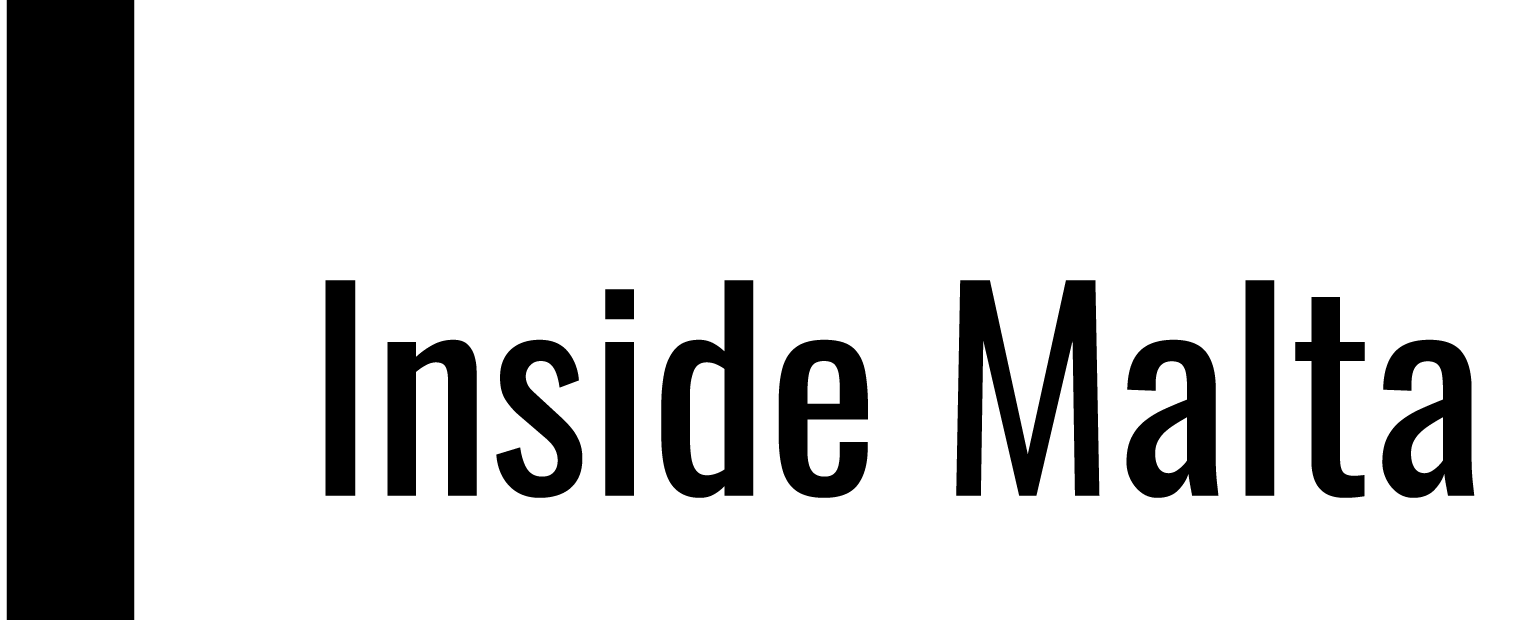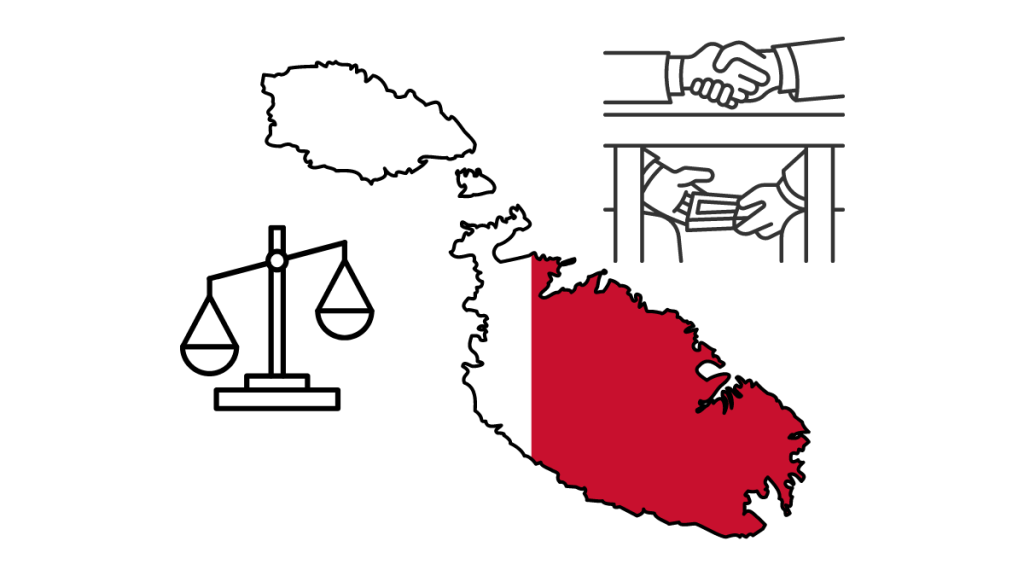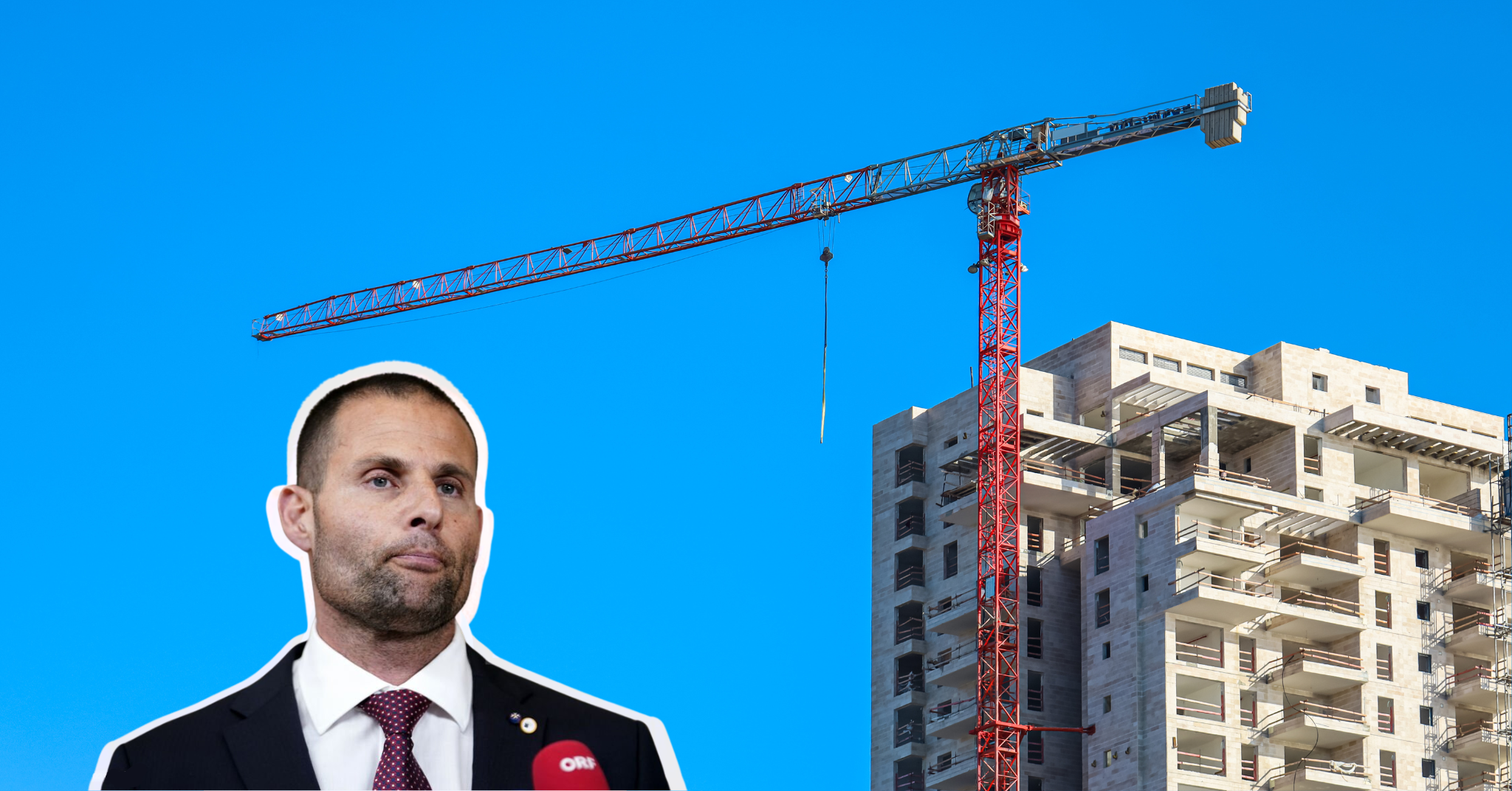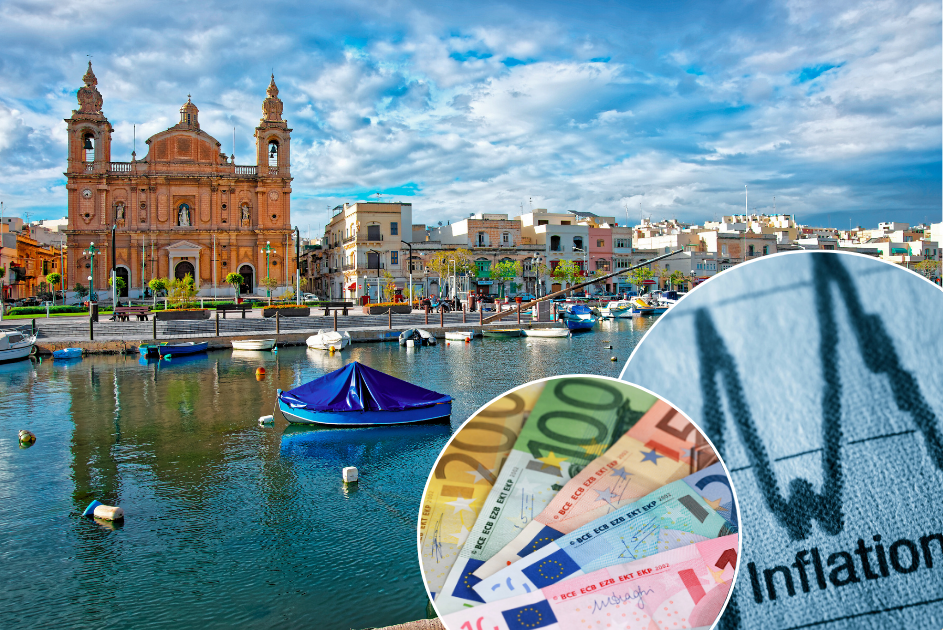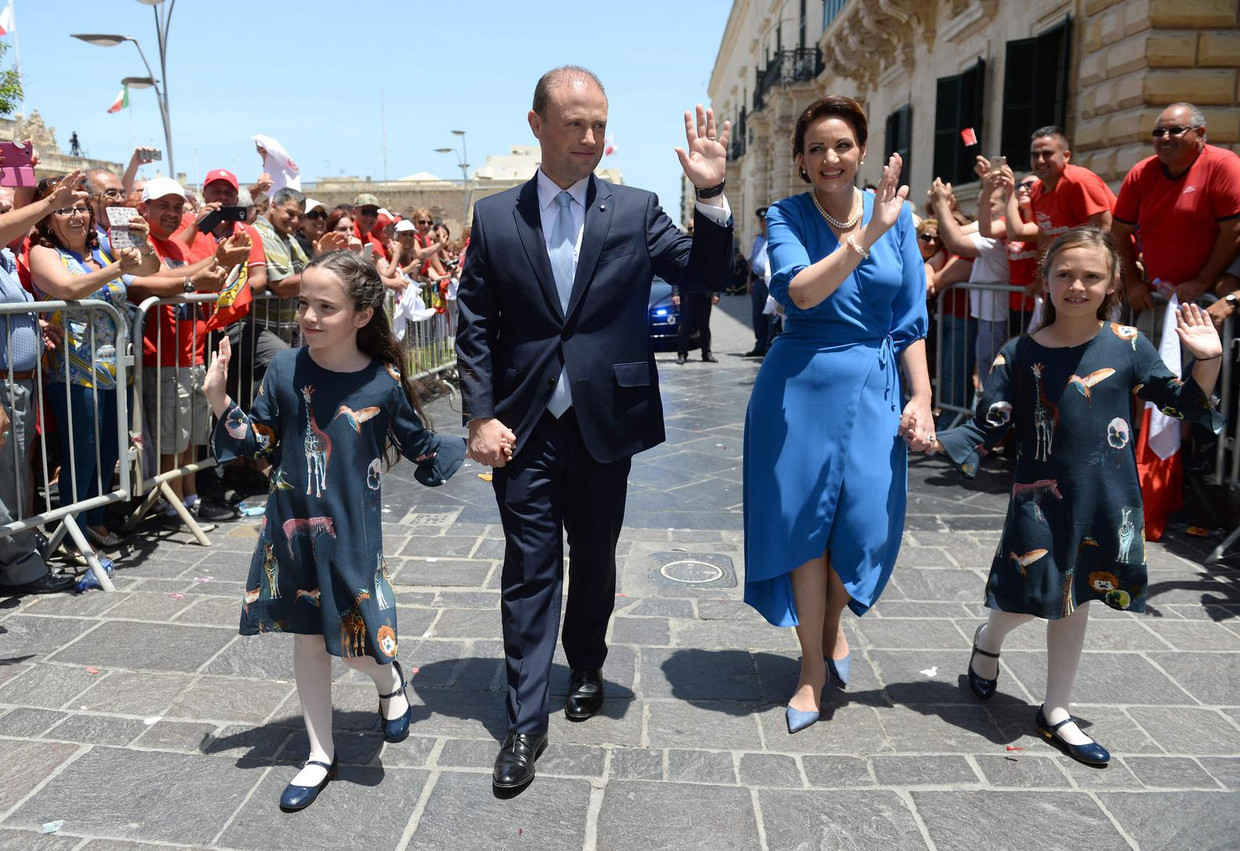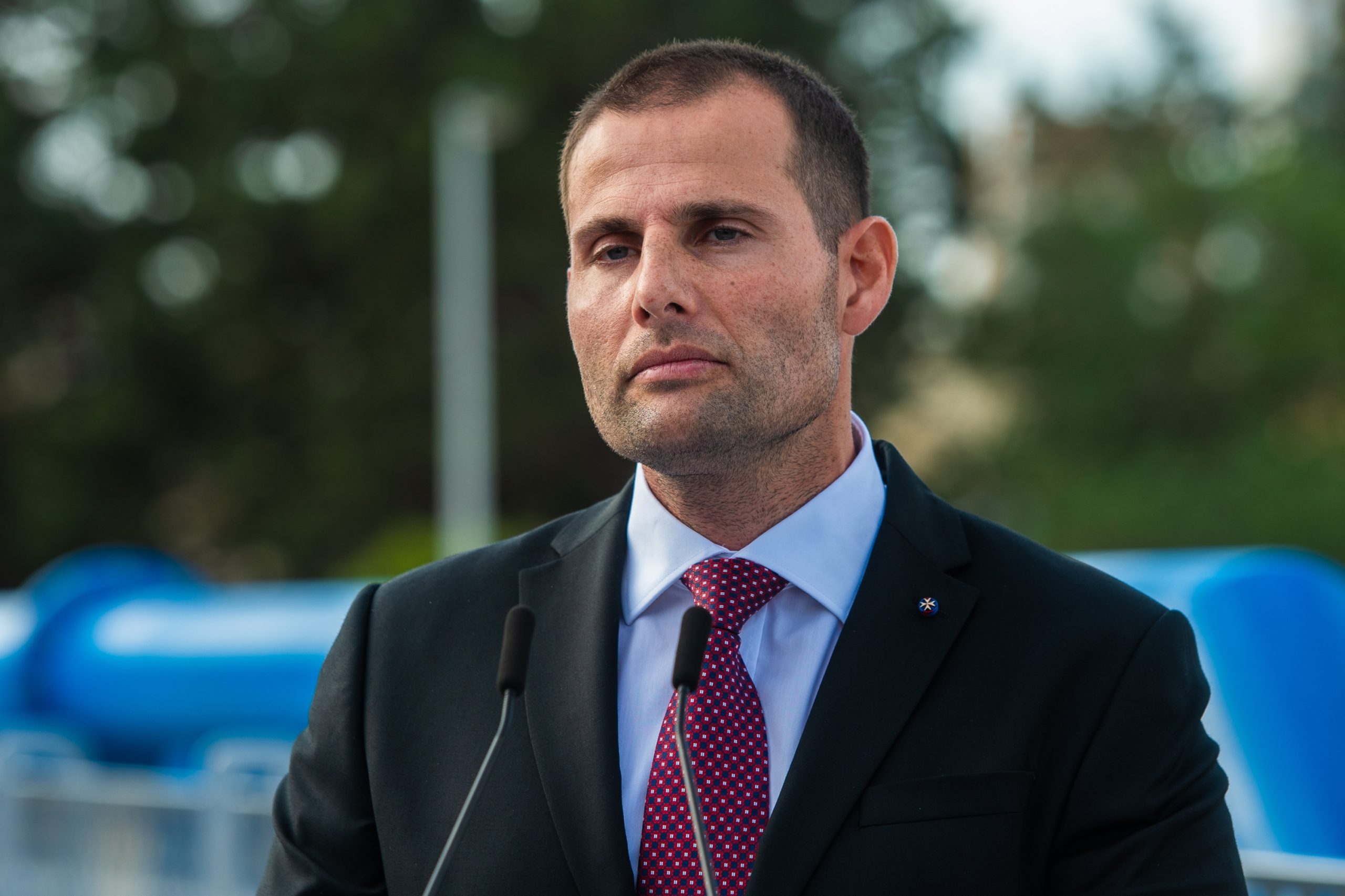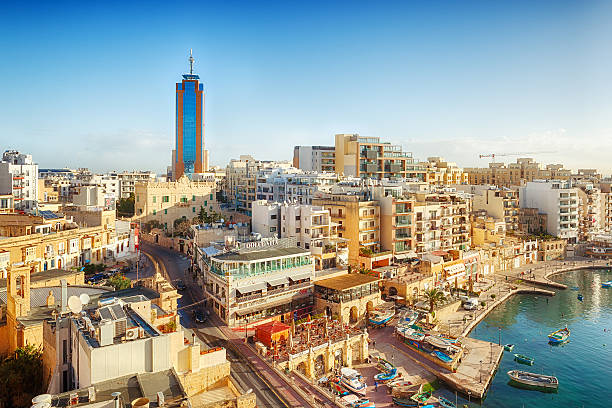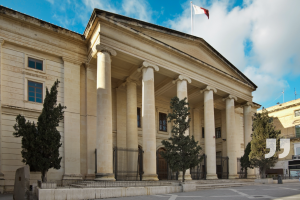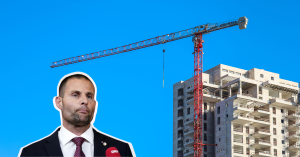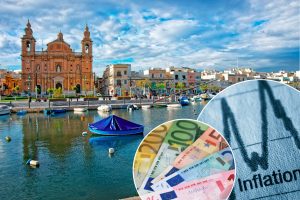Investigating and prosecuting corruption cases can be challenging in any jurisdiction, and Malta is no exception. Here are some of the challenges faced in investigating and prosecuting corruption cases in Malta.
Lack of resources
The Maltese authorities may lack the necessary resources to investigate complex corruption cases effectively. This could include inadequate staffing levels, limited access to technology, or insufficient funding.
In 2020, the Financial Crime and Investigation Department (FCID) lost a fifth of its officers in less than a year. The FCID is responsible for investigating and prosecuting financial crimes like money laundering, terrorist financing, and corruption. It’s one of the largest and most prominent departments in the police of Malta. The departure of a fifth of its employees caused pressure on the remaining officers who had to assume investigations of their former colleagues. Increased workload also caused delays in investigations.
However, the problem was known before. During an interview for the Malta Independent, Mary Muscat, a former police inspector and then-PN candidate in the 3rd district, said the number of recruits decreased. “I used to have four classes of 30 students each, trying to keep up with the syllabus in time for the exams. Now you would just have one or two classes,” Mary said.
Political interference
There may be political interference in corruption cases, which can make it challenging to conduct an impartial investigation or prosecution. This can be a significant issue in Malta, where there are concerns about the close links between politicians and business interests.
One example of such cases is the connection between Christian Borg, the owner of a controversial car rental business, and Robert Abela, the prime minister of Malta. In 2018, Borg, Robert Abela, and his wife, Lydia Abela, issued four payments to each other, equaling about €75,000. However, no investigation was conducted, and the story surfaced in the media only five years after the actual transactions.
Another example of political interference in corruption cases in Malta is the case involving former Economy Minister Chris Cardona, who was accused of attending a meeting with the alleged mastermind behind the assassination of journalist Daphne Caruana Galizia. Despite the serious allegations against him, Cardona was allowed to remain in his post for several months after the accusations were made. Some critics argued that the government was protecting him, as he was seen as a key ally of Prime Minister Joseph Muscat. It was only after public pressure mounted that Cardona eventually resigned from his position.
Weak legal framework
The legal framework in Malta may not be sufficient to tackle corruption effectively. There may be loopholes in the law that allow corrupt practices to go unpunished or make it difficult to secure convictions.
One example of a weak legal framework in Malta is the case of the alleged kickbacks paid in connection with the sale of passports to wealthy foreigners under the country’s citizenship-by-investment scheme.
While the scheme itself is legal, there have been allegations that some individuals involved in the sale of passports were taking kickbacks in exchange for facilitating the process. However, the legal framework in Malta has been criticized for not providing clear guidance on what constitutes a bribe or kickback and for not having strong enough penalties for corrupt behavior.
As a result, investigations into these alleged kickbacks have been slow-moving, with few individuals being held accountable for any wrongdoing. This has led to concerns about the effectiveness of Malta’s legal framework in tackling corruption and ensuring accountability for those involved in corrupt practices.
Addressing these weaknesses in Malta’s legal framework requires a commitment to reform and implementing more robust anti-corruption measures, including clearer definitions of corrupt behavior, stronger penalties, and better enforcement mechanisms.
Lack of transparency
The lack of transparency in Malta can make it challenging to identify and investigate corruption cases. This includes opaque financial transactions, secret offshore accounts, and undisclosed beneficial ownership of companies.
The most recent example of the lack of transparency is dubious donations to NGOs from passport buyers. Moreover, some donations were for the NGOs directly opposed to the Golden Passport program.
According to the Times of Malta’s fact check, NGOs really don’t automatically get notified about the donor’s background. However, organizations may check the donations’ origin when carrying out their own due diligence. The latter helps ensure more transparency and decreases the probability of corruption cases.
Misconduct of legal authorities
Misconduct of legal authorities like FIAU and MFSA is another obstacle to investigating corruption cases properly. FIAU’s primary purpose is to combat money laundering and funding terrorism. MFSA regulates all financial services in Malta. Their priority to fight corruption in the country should be out of the question. However, sometimes both organizations also raise questions about their work when it comes to a proper response to corruption cases.
An example of allegations of misconduct involving the FIAU and MFSA in Malta was the case of Satabank. In 2018, the MFSA suspended the banks’ operations after it was found to be operating with serious regulatory deficiencies. The FIAU also identified potential money laundering risks associated with the bank’s operations.
However, concerns were raised about the MFSA’s oversight of Satabank prior to its suspension. It was alleged that the MFSA had failed to take action despite being aware of potential issues with the bank’s operations. The FIAU was also criticized for not escalating concerns about Satabank to law enforcement authorities sooner.
The case highlighted concerns about the effectiveness of the FIAU and MFSA in regulating financial institutions and preventing money laundering in Malta. It also raised questions about the adequacy of their resources and capabilities to conduct effective oversight of the financial sector in Malta.
The bottom line
Tackling corruption in Malta will require a concerted effort from law enforcement agencies, politicians, and civil society groups. It will also require significant investment in resources and a commitment to improving the legal framework and culture around corruption.
